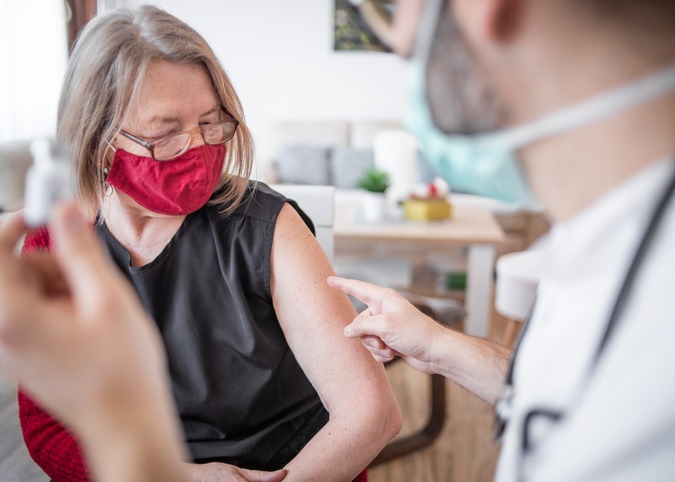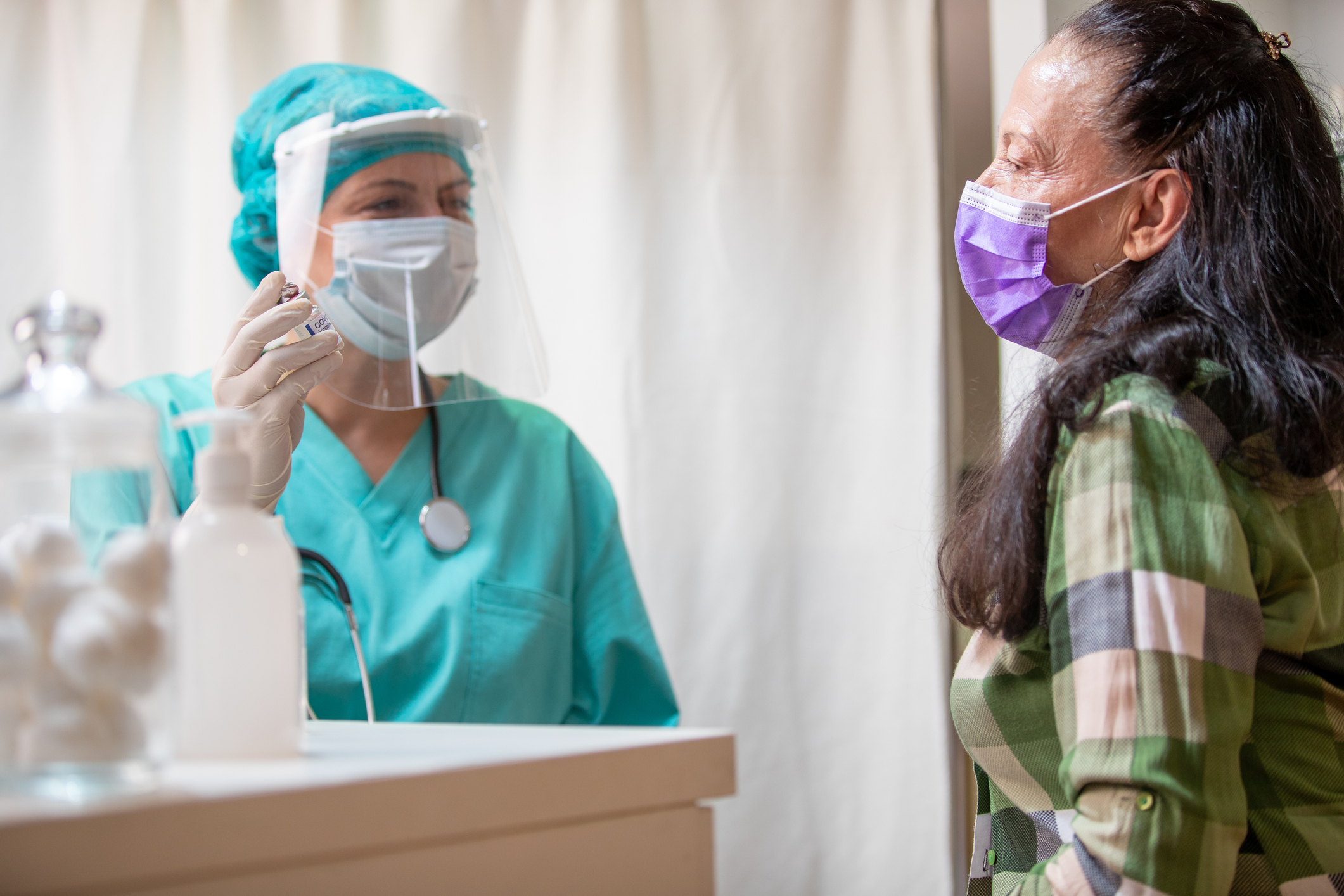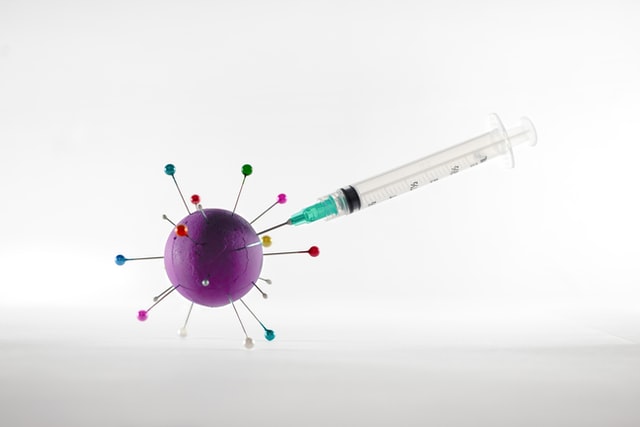Note: This story was first published on 22 December 2020 and last updated on 8 April 2021. Healthily will continue to update this story as new information becomes available.
People have started to be vaccinated against COVID-19, with vaccines including the Pfizer/BioNTech vaccine, the Oxford/AstraZeneca vaccine (Covishield), the Moderna vaccine, Covaxin and the Johnson & Johnson (Janssen) vaccine.
It’s understandable if you have questions about the COVID-19 vaccine. Read on to learn the facts about the COVID-19 vaccine, including how safe it is and the side effects you might get after you have it.
Is the COVID-19 vaccine safe?
Vaccines are the best way to stop infections like COVID-19 – we already have effective vaccines for other illnesses, such as measles and the flu. And all vaccines go through a strict testing process before they’re approved for use, to make sure they’re safe.
However, you may have seen things about the vaccine that have worried you, on social media or other information sources. There are 3 common claims you may have seen about the COVID-19 vaccine – but they’re not true.
First, it can’t give you COVID-19. This is because it doesn’t contain any live virus.
Second, it can’t change your genes. Some types of COVID-19 vaccine use a piece of genetic code, called mRNA, to teach your body’s defences (immune system) to fight the virus but there’s no way it could affect your genes.
And third, if you’ve already had COVID-19, this doesn’t mean you don’t need to have the vaccine. This is because we don’t know how long immunity lasts, so you could still get the virus again.
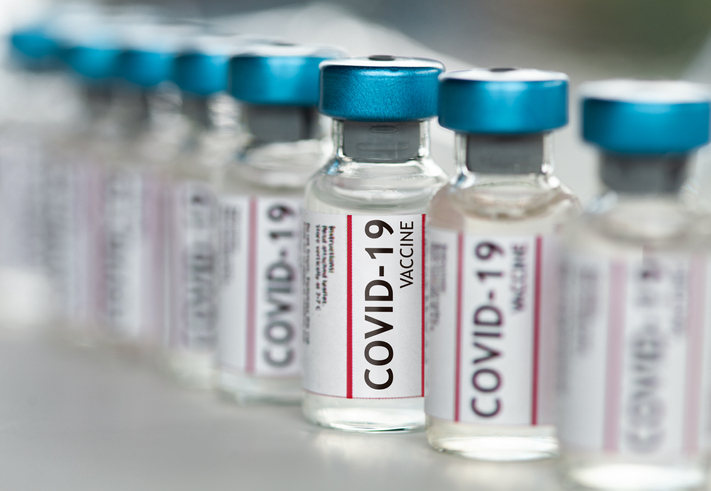
What are the side effects of the COVID-19 vaccine?
Like all medicines, vaccines can cause side effects.
Not everyone gets any side effects at all, but if you do, they will probably be mild, and should ease or go away within a few days.
Side effects include:
- pain, redness and swelling in the arm you got the injection
- feeling tired
- a headache
- feeling achy
- muscle pain
- joint pain
- nausea
- feeling unwell
- fever
- chills
- swollen lymph nodes (lymphadenopathy)
If you do have mild side effects after the first dose of the vaccine, it’s important that you still have the second dose. This is because although the first dose gives some protection against the virus, the second dose will give you the best protection.
In a very few cases, people have had an allergic reaction to the vaccine. This is most likely to happen within a few minutes to an hour of being vaccinated. If you think you’re having an allergic reaction, call for urgent medical help.
If you get any side effects after having the vaccine, you can report them to your country's medicines reporting service – this will help everyone to learn more about the vaccine. In the UK, you can report side effects through the MHRA's Yellow Card scheme. In the US, use the FDA/CDC Vaccine Adverse Event Reporting System (VAERS).
Because this is a new vaccine, more side effects may be discovered over time, but it has had all the necessary and important safety checks.
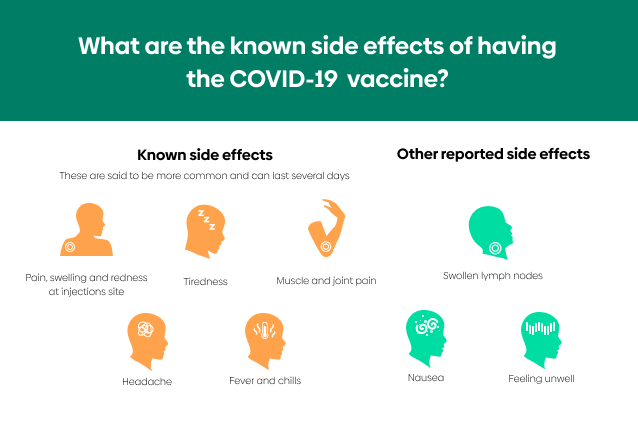
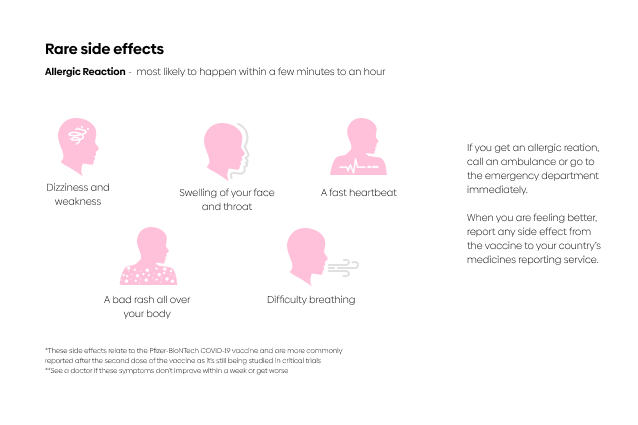
The Oxford/AstraZeneca vaccine and blood clots
Some countries have paused using the Oxford/AstraZeneca coronavirus vaccine after a number of people who were given it had blood clots afterwards.
While many of these countries have since started using it again, advice on how it should be used has now changed.
The European Medicines Agency (EMA) has said that unusual blood clots combined with low blood platelets should be listed as a very rare side effect of the Oxford/AstraZeneca vaccine.
If you develop any of the following symptoms 4 days to 4 weeks after being vaccinated against COVID-19, you should get medical help urgently:
- new onset of severe headache, which is getting worse and does not respond to simple painkillers
- an unusual headache which seems worse when lying down or bending over, or may be accompanied by blurred vision, nausea and vomiting, difficulty with speech, weakness, drowsiness or seizures
- new unexplained pinprick bruising or bleeding
- shortness of breath, chest pain, leg swelling or persistent abdominal pain
Can I stop wearing a mask when I’ve had the vaccine?
There are still many things that aren’t known about COVID-19, and we’re learning about the virus all the time. This means it’s important to follow the guidelines, even if you’ve had a vaccine. So, you should continue to wear a mask in public, stay 2 metres apart from people you don’t live with, and wash your hands regularly.
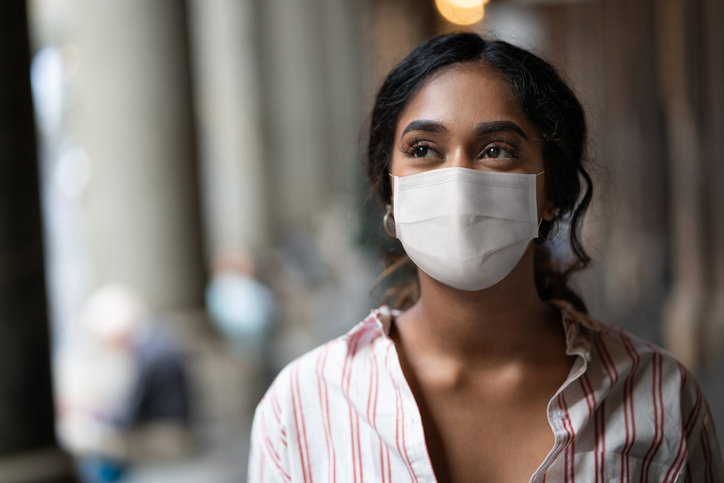
Key points
- the COVID-19 vaccine appears to be safe for most people
- most side effects are mild, and only last a few days
- you must have both doses of the vaccine to get full protection
- severe side effects are very rare


